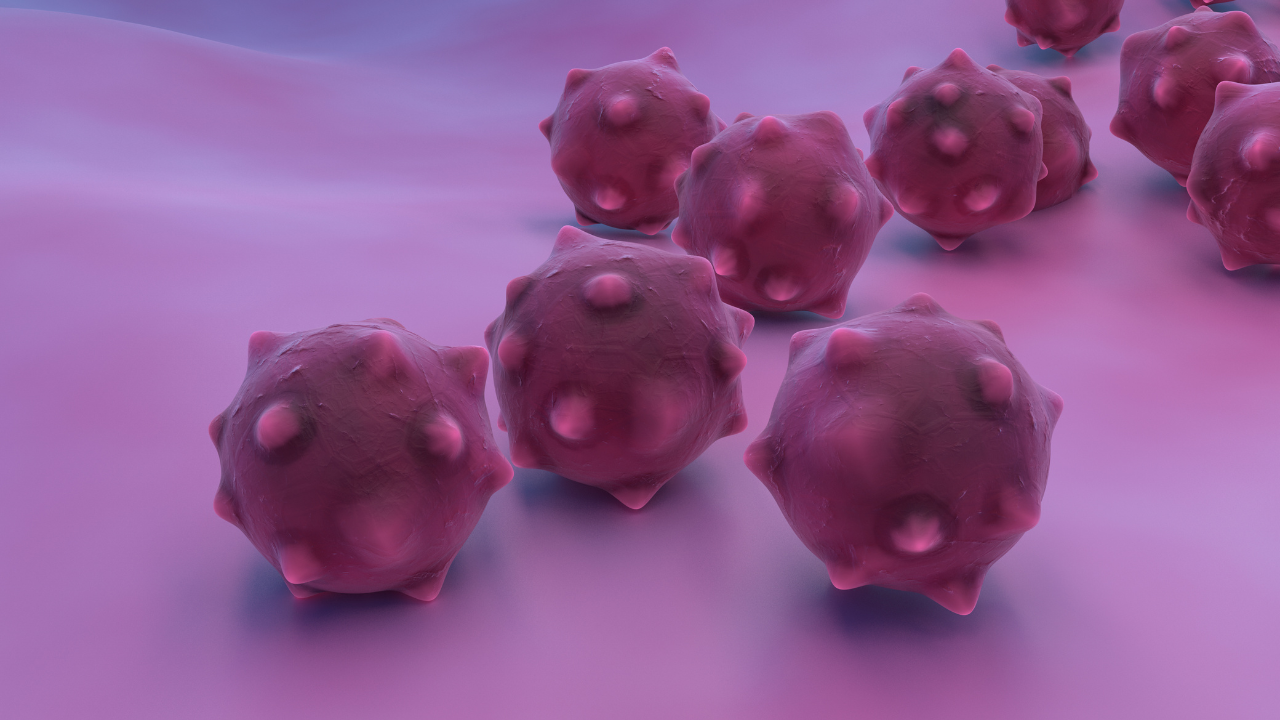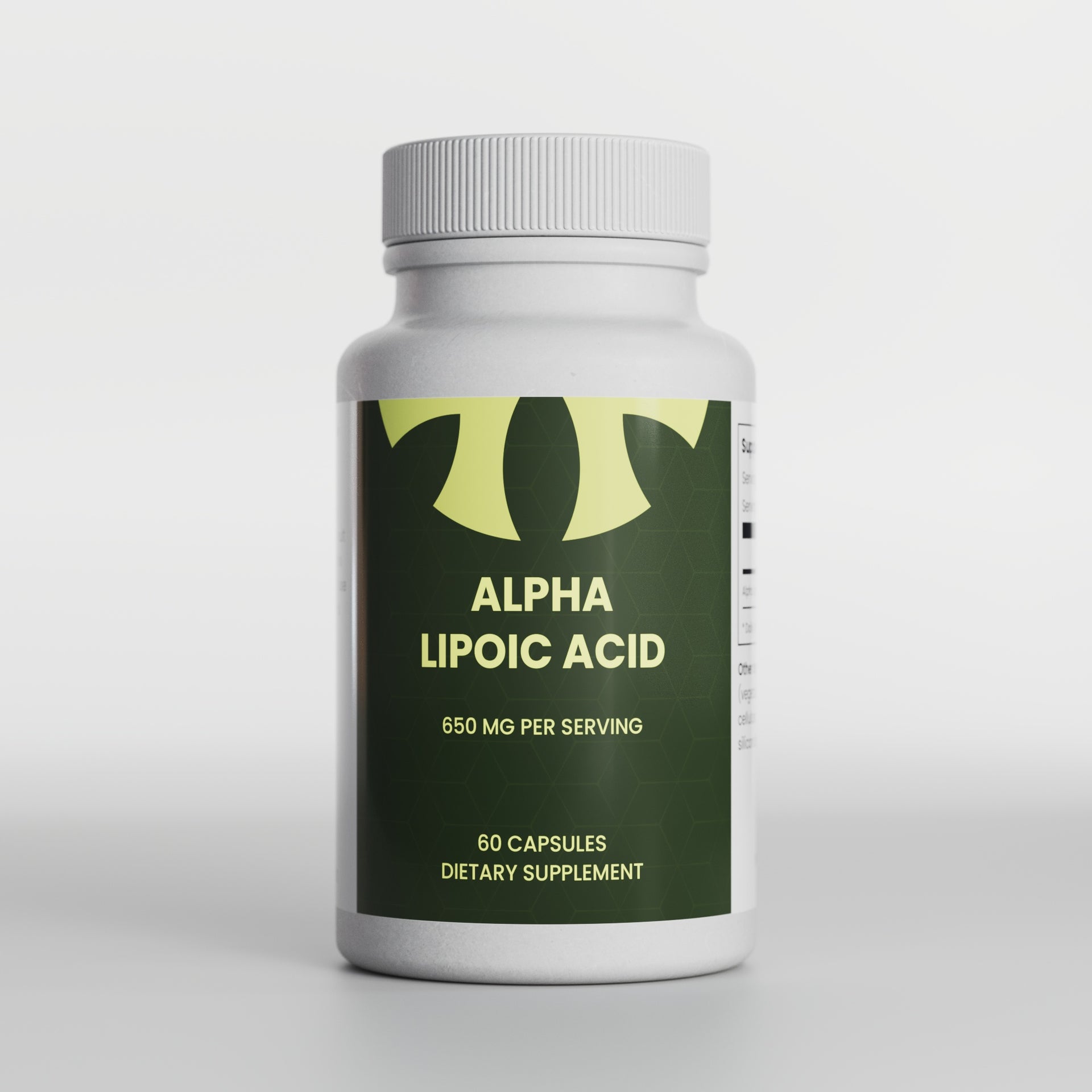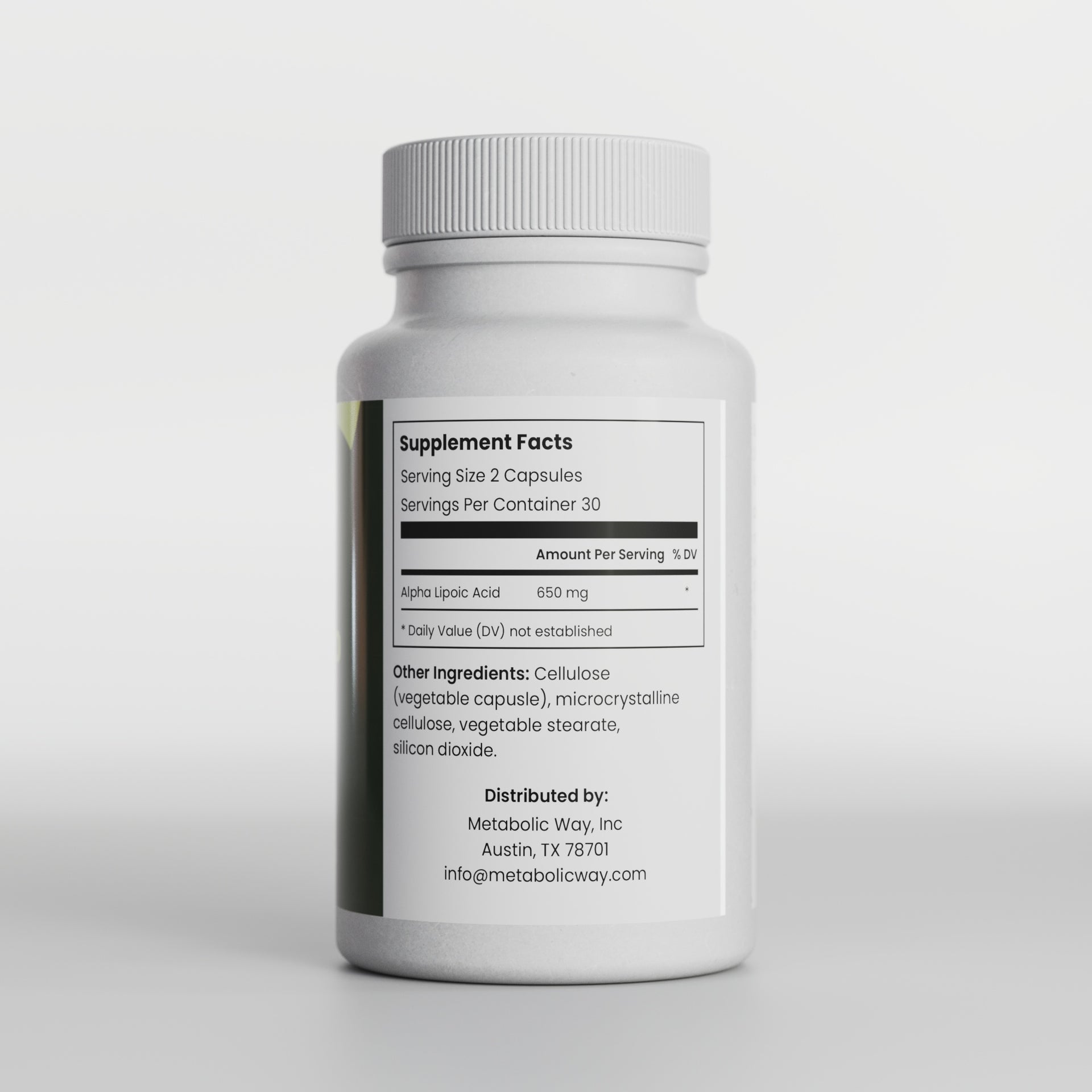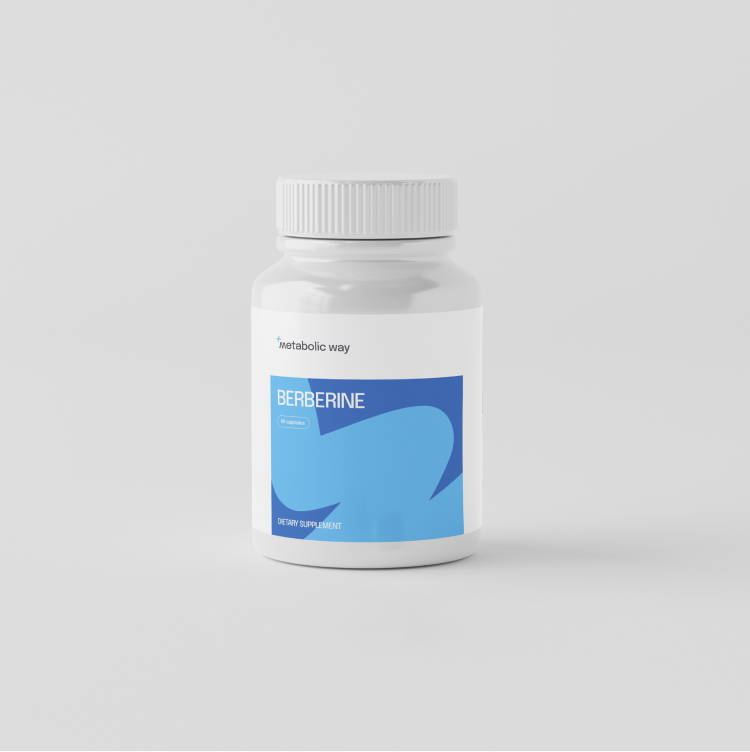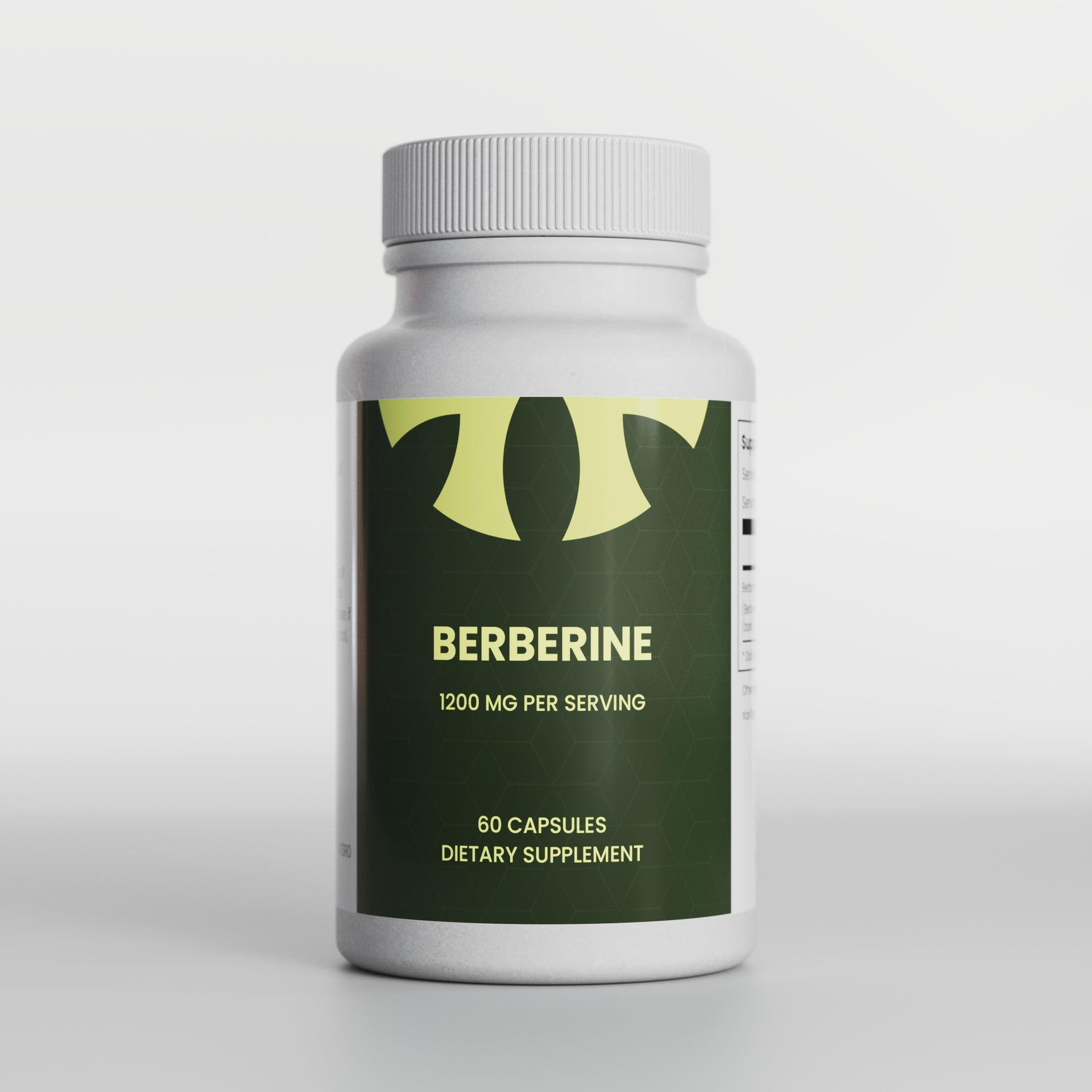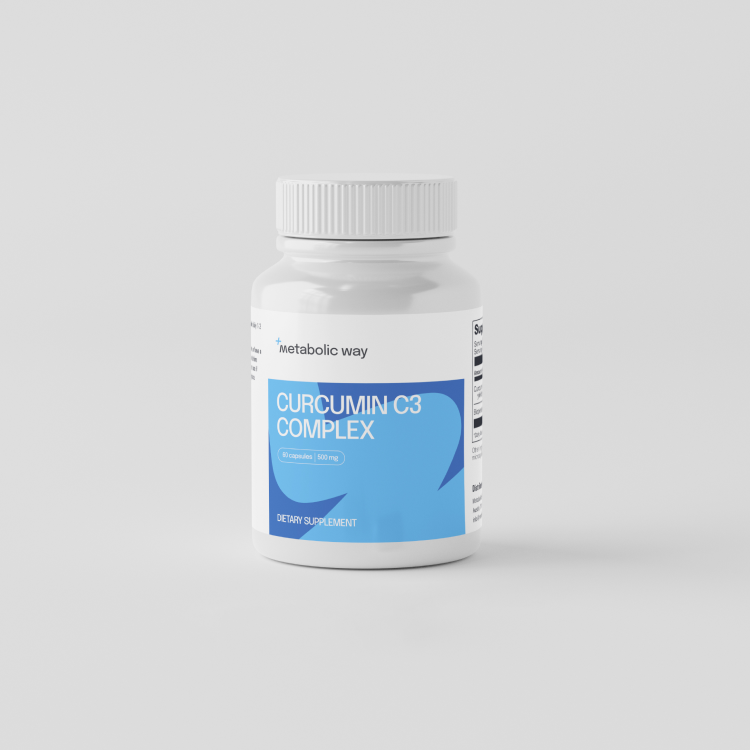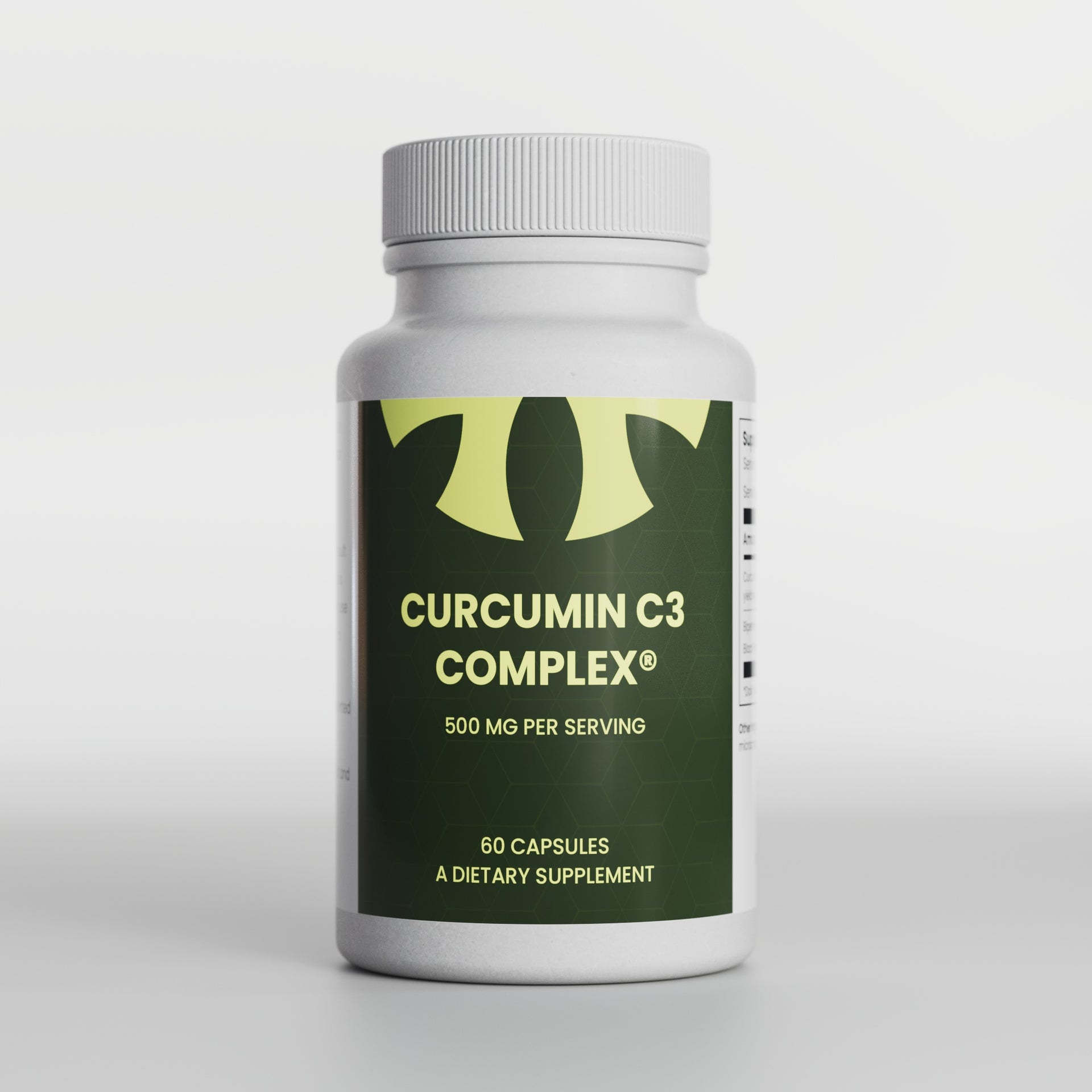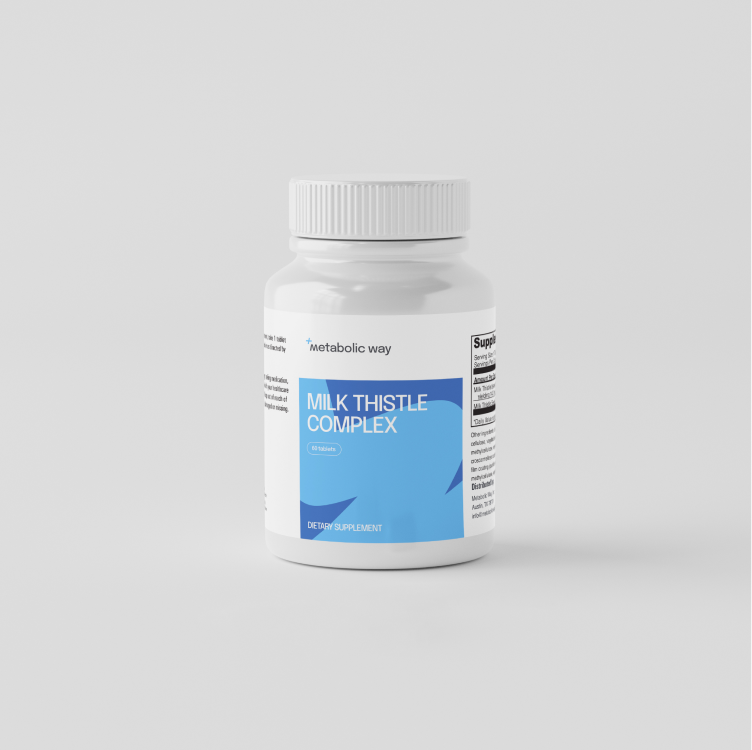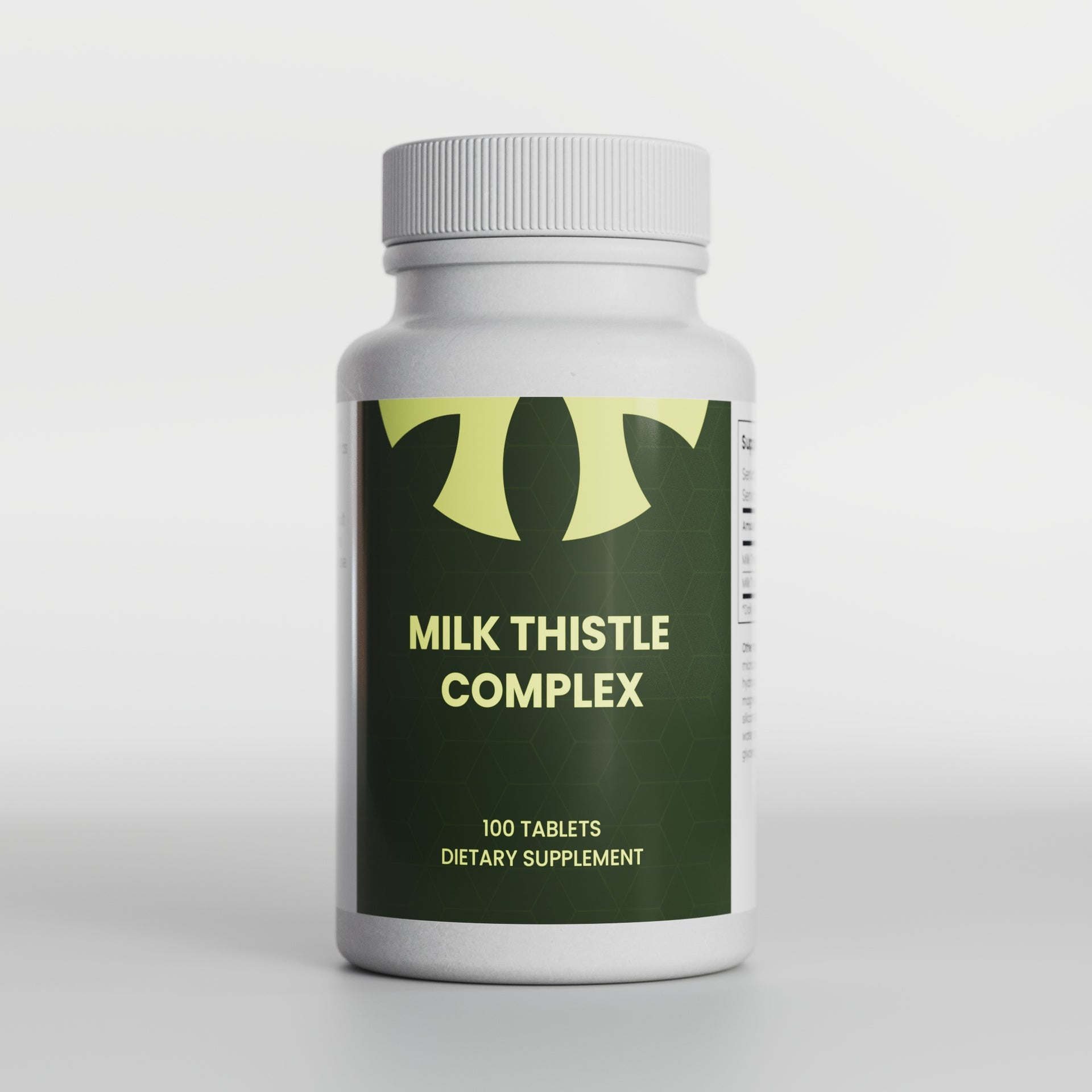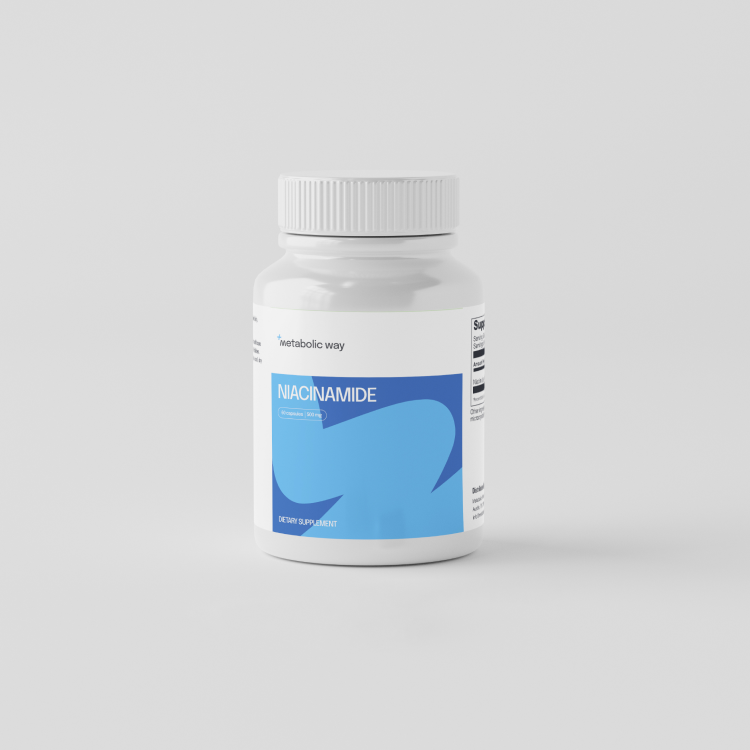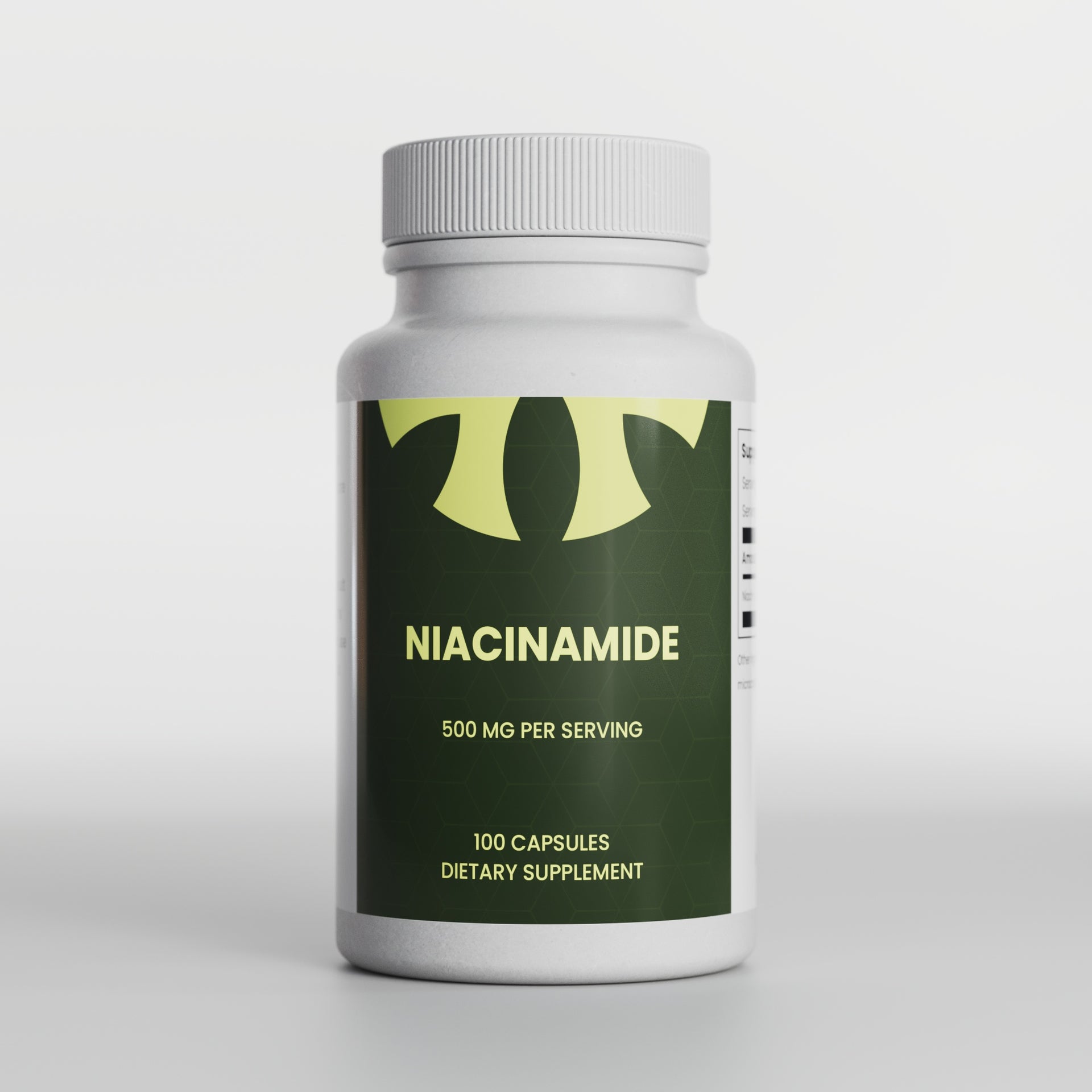Research Highlights:
Main Point 1: Melatonin's Role in Reducing Cancer Risk
Main Point 2: Emerging Strategies for Virus-Related Cancers
Main Point 3: Telomerase Targeting in Cancer Therapy
Additional Points: Advancements in Stem Cell Transplantation, Antioxidants, and More
Scientifically Reviewed by: Dr. Gary Gonzalez, MD, in August 2023
Introduction:
Cancer research is at the forefront of medical advancements, offering hope and new possibilities to individuals worldwide. In this comprehensive article, we will explore the latest insights and breakthroughs in cancer research. While the original article referred to studies from November 2001, this rewritten version will focus on more recent developments, providing critical information on cancer's complexities and potential treatments.
What You Need to Know:
Point 1: Melatonin's Role in Reducing Cancer Risk Recent research has shed light on melatonin's potential in reducing the risk of cancer. Understanding how this hormone influences cancer development is crucial. We'll delve into the latest findings and their implications for cancer prevention and treatment.
Point 2: Emerging Strategies for Virus-Related Cancers Virus-related cancers pose unique challenges, but new strategies are emerging to combat them. We'll explore the innovative approaches, including vaccines and antiviral therapies, that show promise in preventing and treating these types of cancer.
Point 3: Telomerase Targeting in Cancer Therapy Telomerase, an enzyme linked to cell aging and cancer growth, has become a focal point in cancer research. Discover how scientists are working to target telomerase, potentially opening new avenues for cancer treatment.
Point 4: Advancements in Stem Cell Transplantation, Antioxidants, and More Beyond these main points, we will touch upon other significant advancements in cancer research. This includes the latest developments in stem cell transplantation, the role of antioxidants in preventing tissue damage, and strategies to reduce the risk of various cancers.
Section 1: Melatonin's Role in Reducing Cancer Risk This section will provide an in-depth exploration of the role of melatonin in cancer prevention. We will examine recent studies and their findings on melatonin's potential to reduce the risk of various cancer types.
Subsection 1.1: Mechanisms of Melatonin's Action Understanding how melatonin works in the body to reduce cancer risk is essential. We'll delve into the molecular mechanisms and scientific evidence supporting this claim.
Subsection 1.2: Practical Implications and Future Research Beyond mechanisms, we'll discuss the practical implications of using melatonin for cancer prevention. Additionally, we'll explore avenues for future research in this promising area.
Section 2: Emerging Strategies for Virus-Related Cancers This section will focus on strategies for preventing and treating virus-related cancers, including innovative approaches such as vaccines and antiviral therapies.
Section 3: Telomerase Targeting in Cancer Therapy Telomerase has garnered attention as a potential target in cancer therapy. In this section, we will discuss the latest developments, including clinical trials and the challenges associated with telomerase-targeted treatments.
Section 4: Advancements in Cancer Research This section will cover a range of recent advancements in cancer research, from stem cell transplantation to antioxidant therapies and strategies for reducing cancer risks through dietary and lifestyle changes.
Summary:
Cancer research is continually evolving, offering hope and new perspectives in the fight against this complex disease. In this article, we've explored the latest insights in cancer research, touching on melatonin's role in reducing cancer risk, emerging strategies for virus-related cancers, and the exciting potential of telomerase targeting in cancer therapy. Additionally, we've highlighted other significant advancements that contribute to our understanding of cancer and its prevention.
References:
- Xiang S, Dauchy RT, Hoffman AE, et al. Epigenetic inhibition of the tumor suppressor ARHI by light at night-induced circadian melatonin disruption mediates STAT3-driven paclitaxel resistance in breast cancer. J Pineal Res. 2019 May;66(4):e12564.
- Liu J, Clough SJ, Hutchinson AJ, et al. Anticancer and immunoregulatory activity of resveratrol in vitro. J Med Food. 2002;5(1):44-51.
- Harley CB, Liu W, Blasco M, et al. A natural product telomerase activator as part of a health maintenance program. Rejuvenation Res. 2011 Dec;14(6):45-56. 4. Cawthon RM, Smith KR, O'Brien E, et al. Association between telomere length in blood and mortality in people aged 60 years or older. Lancet. 2003 Feb 1;361(9355):393-395. 5. Kaneko T, Wang PY, Sato A, et al. Raloxifene, tamoxifen, and the prevention of breast cancer. Endocr Relat Cancer. 2005 Dec;12(4):827-837.
